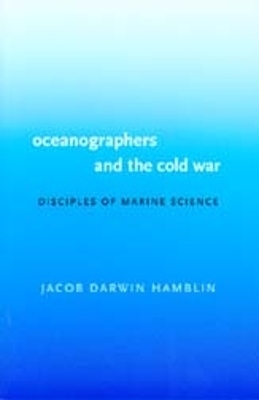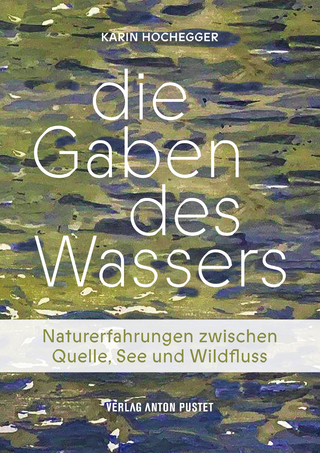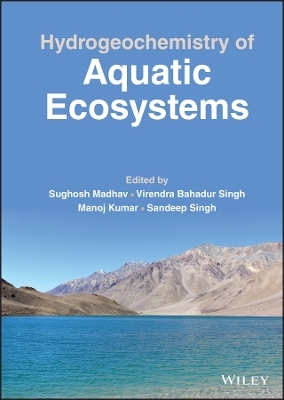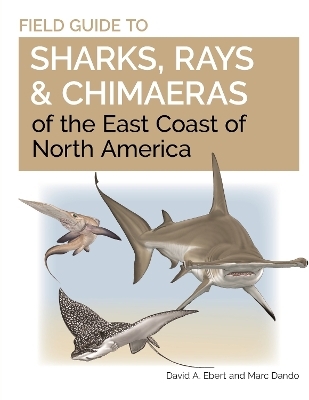
Oceanographers and the Cold War
Disciples of Marine Science
Seiten
2005
University of Washington Press (Verlag)
978-0-295-98482-7 (ISBN)
University of Washington Press (Verlag)
978-0-295-98482-7 (ISBN)
- Lieferbar (Termin unbekannt)
- Versandkostenfrei innerhalb Deutschlands
- Auch auf Rechnung
- Verfügbarkeit in der Filiale vor Ort prüfen
- Artikel merken
Examines the study of the oceans during the Cold War era and explores the international focus of American oceanographers. This book reveals the military and foreign policy goals served by US government involvement in cooperative activities between scientists, such as joint cruises and expeditions.
A political history of twentieth-century oceanography
Oceanographers and the Cold War is about patronage, politics, and the community of scientists. It is the first book to examine the study of the oceans during the Cold War era and explore the international focus of American oceanographers, taking into account the roles of the US Navy, US foreign policy, and scientists throughout the world. Jacob Darwin Hamblin demonstrates that to understand the history of American oceanography, one must consider its role in both conflict and cooperation with other nations.
Paradoxically, American oceanography after World War II was enmeshed in the military-industrial complex while characterized by close international cooperation. The military dimension of marine science--with its involvement in submarine acoustics, fleet operations, and sea-launched nuclear missiles--coexisted with data exchange programs with the Soviet Union and global operations in seas without borders.
From an uneasy cooperation with the Soviet bloc in the International Geophysical Year of 1957-58, to the NATO Science Committee in the late 1960s, which excluded the Soviet Union, to the US Marine Sciences Council, which served as an important national link between scientists and the government, Oceanographers and the Cold War reveals the military and foreign policy goals served by US government involvement in cooperative activities between scientists, such as joint cruises and expeditions. It demonstrates as well the extent to which oceanographers used international cooperation as a vehicle to pursue patronage from military, government, and commercial sponsors during the Cold War, as they sought support for their work by creating "disciples of marine science" wherever they could.A political history of twentieth-century oceanography
A political history of twentieth-century oceanography
Oceanographers and the Cold War is about patronage, politics, and the community of scientists. It is the first book to examine the study of the oceans during the Cold War era and explore the international focus of American oceanographers, taking into account the roles of the US Navy, US foreign policy, and scientists throughout the world. Jacob Darwin Hamblin demonstrates that to understand the history of American oceanography, one must consider its role in both conflict and cooperation with other nations.
Paradoxically, American oceanography after World War II was enmeshed in the military-industrial complex while characterized by close international cooperation. The military dimension of marine science--with its involvement in submarine acoustics, fleet operations, and sea-launched nuclear missiles--coexisted with data exchange programs with the Soviet Union and global operations in seas without borders.
From an uneasy cooperation with the Soviet bloc in the International Geophysical Year of 1957-58, to the NATO Science Committee in the late 1960s, which excluded the Soviet Union, to the US Marine Sciences Council, which served as an important national link between scientists and the government, Oceanographers and the Cold War reveals the military and foreign policy goals served by US government involvement in cooperative activities between scientists, such as joint cruises and expeditions. It demonstrates as well the extent to which oceanographers used international cooperation as a vehicle to pursue patronage from military, government, and commercial sponsors during the Cold War, as they sought support for their work by creating "disciples of marine science" wherever they could.A political history of twentieth-century oceanography
Jacob Darwin Hamblin is professor of history at Oregon State University. He is the author of several books, including The Wretched Atom: America's Global Gamble with Peaceful Nuclear Technology and Poison in the Well: Radioactive Waste in the Oceans at the Dawn of the Nuclear Age.
Preface
List of Abbreviations
Introduction
1. Beginnings of Postwar Marine Science and Cooperation
2. Oceanography's Greatest Patron
3. The International Geophysical Year, 1957-1958
4. The New Face of International Oceanography
5. Competition and Cooperation in the 1960s
6. Oceanography, East and West
7. Marine Science and Marine Affairs
8. Conclusion
Notes
Bibliography
Index
| Reihe/Serie | Oceanographers and the Cold War |
|---|---|
| Zusatzinfo | 10 illus. |
| Verlagsort | Seattle |
| Sprache | englisch |
| Maße | 152 x 229 mm |
| Gewicht | 653 g |
| Themenwelt | Naturwissenschaften ► Biologie ► Limnologie / Meeresbiologie |
| Naturwissenschaften ► Geowissenschaften ► Hydrologie / Ozeanografie | |
| ISBN-10 | 0-295-98482-1 / 0295984821 |
| ISBN-13 | 978-0-295-98482-7 / 9780295984827 |
| Zustand | Neuware |
| Informationen gemäß Produktsicherheitsverordnung (GPSR) | |
| Haben Sie eine Frage zum Produkt? |
Mehr entdecken
aus dem Bereich
aus dem Bereich
Naturerfahrungen zwischen Quelle, See und Wildfluss
Buch | Hardcover (2024)
Verlag Anton Pustet Salzburg
30,00 €
Buch | Softcover (2024)
Princeton University Press (Verlag)
43,65 €


